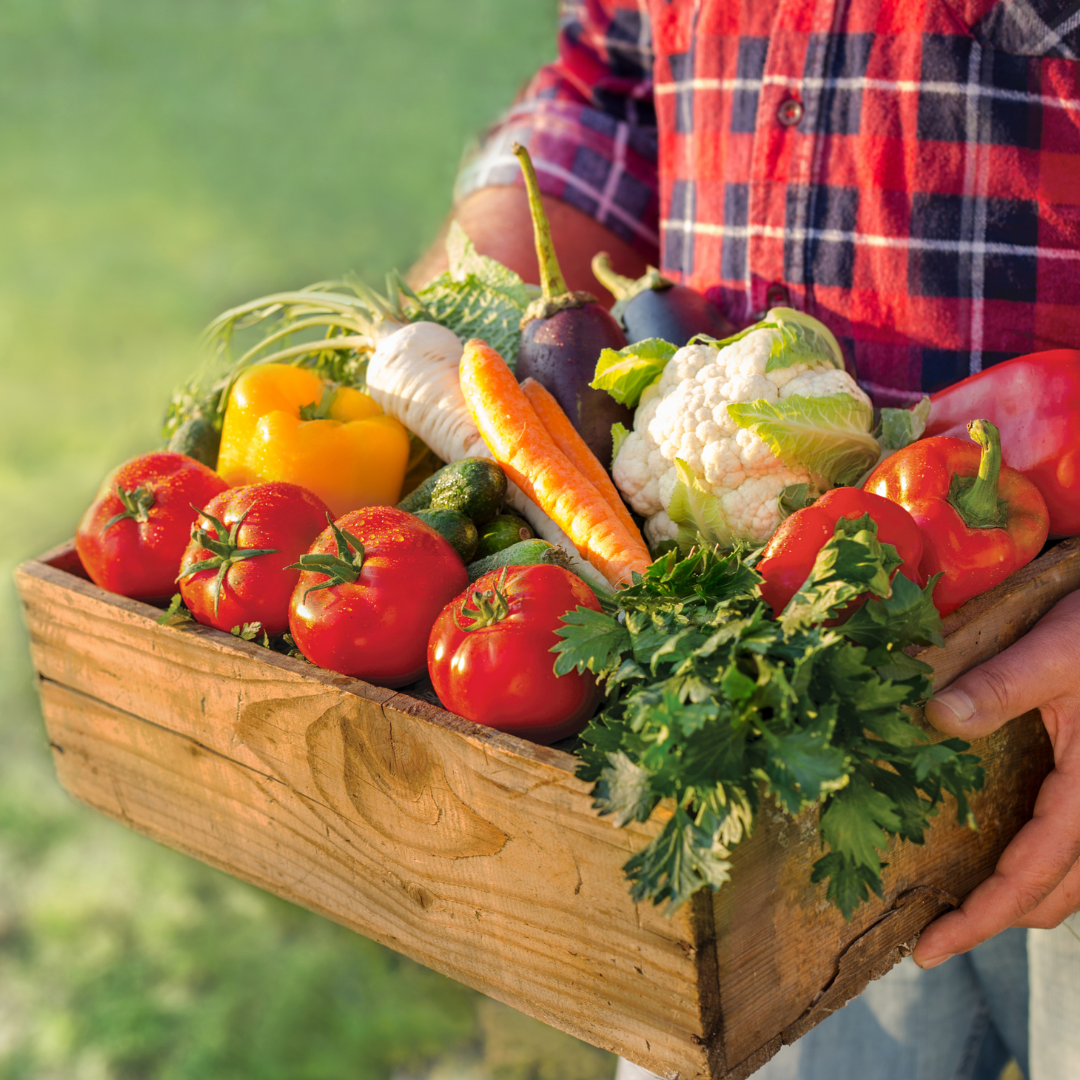Vegetables are one of the most overlooked and underused food items. If you save your vegetables in the fridge, they will keep for a few days but will soon start to lose their color and texture. They are also more prone to spoilage. Therefore, the better approach is to plan ahead and store them properly.
Store Your Veggies, Properly
Vegetables need to be stored properly in order to preserve their freshness and nutritional content. If you fail to do so, you run the risk of vegetables rotting and losing their vitamin and mineral content. and trust me, the last thing you would want in your home is rotting food. They can be a breeding ground for pests like cockroaches, or maybe even rats, which nobody wants in their home. I mean, you could always call exterminators in the area similar to those in Kentucky (https://www.pestcontrolexperts.com/local/kentucky/) and they would easily get rid of the problem for you. But as the saying goes – “Prevention is better than cure.” Some storage methods are available, some of which you may have tried in the past and had only limited success with. However, there are also a number of innovative ways to store fresh vegetables that are easy to do, quick, and convenient.
When it comes to storing vegetables to keep them fresh, one might need to be careful else they can go bad. You may have seen vendors and supermarkets tend to use plastic RSC box with small circular holes, in order to store vegetables. Doing that can ensure the vegetable won’t be damaged due to external pressure or insufficient ventilation. That said, when it comes to household vegetable storing, there are a wide variety of strategies that you can employ. These are:
- There’s a reason that many people choose to store their favorite vegetables in the refrigerator. The truth is that refrigerating vegetables prevents them from spoiling and preserves their color, texture, and flavor. By storing them in the refrigerator, you can keep them fresh and tasty for as long as possible, even when there isn’t an abundance of fresh produce in the grocery store. If you will be keeping vegetables in the fridge:
- You can keep vegetables in your refrigerator using several different methods, but the most popular way to store vegetables is in the crisper drawers.
- Most modern refrigerators will allow you to make the most of crisper drawers, however, if yours doesn’t, then you may want to make use of a coupon for stores like Lowe’s (go right here to learn more) so you can purchase a refrigerator that has all the features that you are looking for.
- By doing so, you will then be able to pack vegetables into clear plastic containers with oxygen absorbers, cover them with a good tight-fitting lid and store them in the crisper drawer in your fridge.
- You can also simply place a layer of moistened paper towels in the container and put it on the bottom shelf of the fridge.
- If you’re using plastic bags to store your vegetables, make sure to place them in a sealable container. You can also use a coffee filter as a makeshift strainer to remove excess water from the vegetables and then place them in a brown paper bag, especially mushroom. If you want to get creative, you can use an egg carton, make a makeshift basket, or get creative with old cereal boxes.
- Keep them on the kitchen counter. Because of their high-water content, they’ll dry out fast in the glass-fronted crisper-not to mention that it’s not a good way to store them. Instead, place the veggies on a kitchen counter. That way, they’re protected from light but still visible to you. If you will be keeping your vegetables on kitchen counters:
- Put them in a basket and add some extra ventilation so that the humidity won’t build up. There are many different types of vegetables that you can place on kitchen counters, from the basic ones such as potatoes, carrots, beans, and peas to the exotic ones such as okra and mangoes.
- Make sure to keep them out of direct sunlight and away from stagnant water.
- If you want to keep your tomatoes fresh and healthy, there are a couple of things you should know. The first is that they don’t need to be stored in the refrigerator. A lot of people think that because they are fresh, they should be kept in the refrigerator. Well, this is a myth. For the best flavor, store your tomatoes at room temperature for up to two weeks. To keep it fresher longer, keep them on its own kitchen counter. This will help you avoid the potential risk of cross-contamination and keep them safe.
- If you will be keeping it in the pantry:
- Store your vegetables in a cool, dry place. The best place for your veggies is on a high shelf in the pantry or a wooden rack in a cool, dry area of the kitchen. Store the vegetables in a closed, airtight container.
While there are many ways to store vegetables, most space savers use a method that lets the product shrink and expands with the seasons. This allows you to store your vegetables in a way that can be moved from the fridge to the pantry, then from the pantry to the fridge again.
This tip is a common one, and it has nothing to do with the way you store vegetables in your pantry. One trick that keeps vegetables fresh longer is to keep them in different places. For example, a vegetable like lettuce should be kept in a dry place, like your refrigerator, and other vegetables like onions and potatoes can be kept in a dry, cool area. This will keep them fresh for longer, and all the vegetables will be at the optimal temperature.
